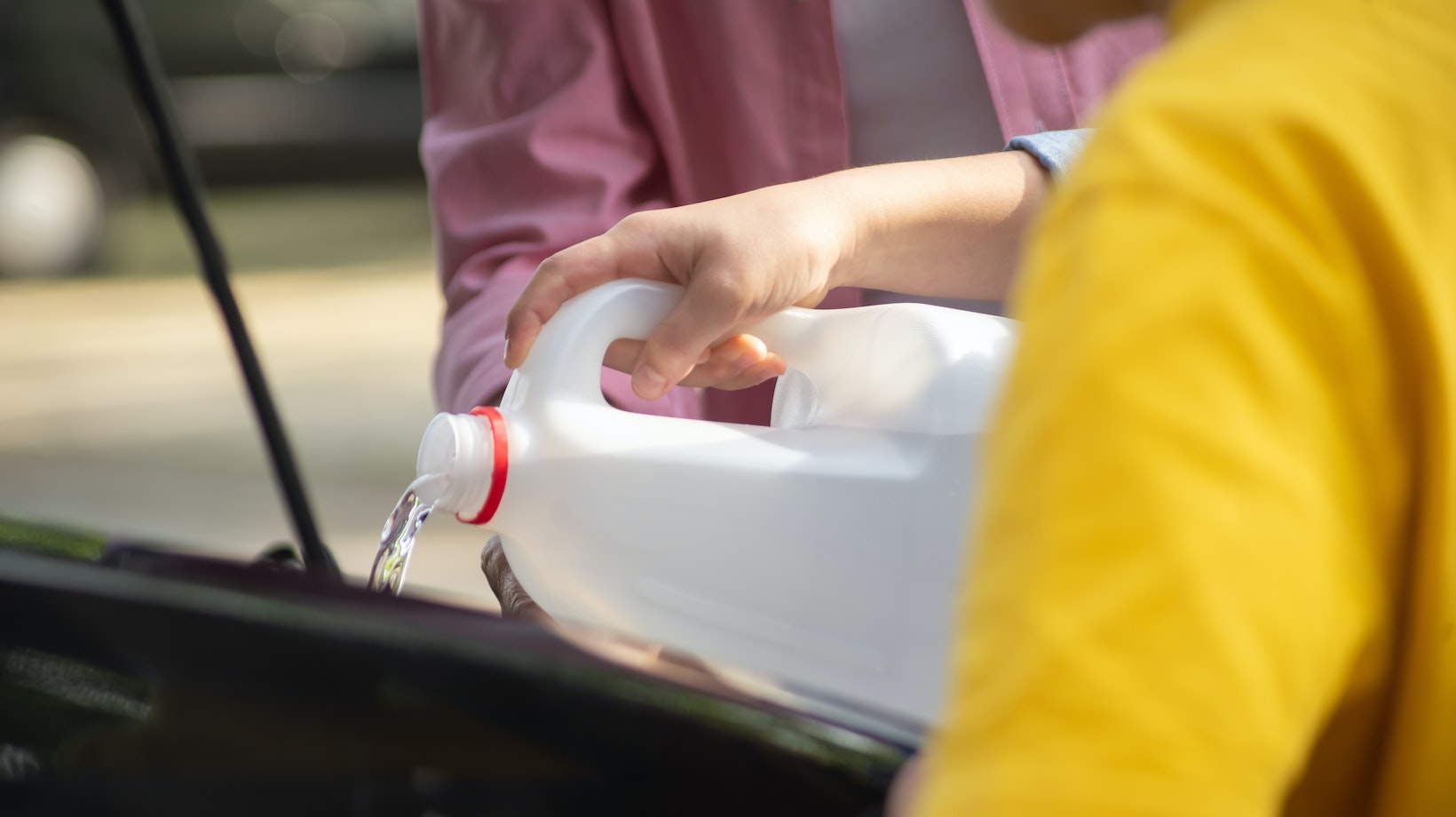Water Leak Car Repair
Water leaks in cars can lead to various potential damages that can be both inconvenient and costly. If left unaddressed, water intrusion can result in electrical malfunctions, mold growth, interior damage, and even structural issues. Electrical components such as the wiring harnesses and connectors are particularly susceptible to moisture damage. When exposed to water, these components may corrode or short circuit, leading to malfunctioning systems or even complete failure.
Mold growth is another common consequence of water leaks in cars. The damp environment created by the water leak provides an ideal breeding ground for mold spores. Not only does mold emit an unpleasant odor, but it can also pose health risks to passengers, especially those with respiratory conditions or allergies.
Common Areas For Water Leaks In Cars
- Windshield and windows: Damaged or poorly sealed windshields and windows are primary culprits for water intrusion. Cracked glass or worn-out rubber seals allow rainwater or high-pressure car wash streams to enter the cabin.
- Sunroof: A faulty sunroof seal or drainage system can cause water leaks during rainy weather or when washing your car.
- Door seals and windows: Worn-out door seals or damaged window regulators can create gaps that allow water to seep inside the car when it rains.
- Trunk: Improperly sealed trunk lids, worn-out gaskets, or damaged taillight assemblies can lead to water accumulation in the trunk area.
- Cowl vents: The cowl area, located at the base of the windshield, houses ventilation system components. If clogged or damaged, it can allow water to enter the cabin.

Weather Conditions And Water Leaks
Weather conditions play a significant role in exacerbating existing vulnerabilities and causing new water leaks in cars. Heavy rainstorms, snowmelt, and even intense car washes can put additional stress on your vehicle’s sealing systems. In areas with frequent rainfall or extreme weather patterns, it is important to regularly inspect your car for any signs of water intrusion.
Moreover, temperature fluctuations can also impact water leak occurrences. As materials expand and contract with changing temperatures, small gaps may form or existing ones may widen, providing opportunities for water infiltration.
To minimize potential damage caused by weather-related leaks, it is advisable to park your car in covered areas during inclement weather and perform routine maintenance checks on vulnerable areas prone to leaks.
How To Diagnose A Water Leak In Your Car
- Check for obvious signs: Start by inspecting the area where you noticed water accumulation. Look for any signs of moisture, wet spots, or discoloration on the floor mats, carpets, or upholstery. Pay attention to areas around windows, doors, and sunroofs.
- Examine exterior seals: Inspect the seals around your car’s windows and doors for any cracks or gaps that could allow water to seep in. Use a flashlight if necessary to get a better view. If you notice any damage, it may be time to replace the seals.
- Look for clogged drains: Many cars have drain holes near the windshield wipers or in the sunroof area that help channel away excess water. Over time, these drains can become clogged with debris like leaves or dirt, causing water to accumulate inside your car. Clearing these drains using compressed air or a thin wire can often solve the issue.
- Inspect weather stripping: Weather stripping is located along door frames and windows and helps create a tight seal when closed. If it becomes worn out or damaged, it can allow water infiltration into your car’s interior. Check for any signs of deterioration and replace if needed.
- Test window functionality: Faulty window mechanisms can also contribute to water leaks in cars. Make sure all windows are closing properly without leaving any gaps through which rainwater could enter.
- Consider professional assistance: If you’re unable to locate the source of the water leak or if you suspect more complex issues such as faulty gaskets or body panel damage, it’s best to consult a professional mechanic or auto body specialist. They have the expertise and tools to diagnose and repair water leaks effectively.
Remember, addressing a water leak in your car promptly can help prevent further damage and potentially costly repairs down the line. If you’re unsure about tackling the issue yourself, it’s always wise to seek professional advice.







































